By Fidelis Duker
Rivers State is currently embroiled in a complex political crisis that underscores the fraught relationship between Governor Sir Siminalayi Fubara and his political godfather, former Governor, Nyesom Wike. This conflict is further complicated by a state of emergency proclaimed by President Bola Ahmed Tinubu over intelligence reports of widespread oil installation vandalism in the region. As the situation unfolds, it becomes clear that the battle for power in Rivers State is about more than just individual ambitions; it is a reflection of wider political dynamics impacting the state’s governance.
President Tinubu’s state of emergency declaration aimed to curb the rising tide of vandalism that threatens the region’s critical oil infrastructure. However, the National Assembly’s refusal to affirm this proclamation sets the stage for escalating political tension. With the proclamation unapproved, Governor Fubara and the House of Assembly (HoA) are poised to return to their legislative responsibilities. Yet, the Governor faces a significant hurdle in the form of the HoA’s potential defiance regarding the submission of his budget and commissioner nominations.
In this volatile environment, the Governor’s political survival hinges on navigating the legislative landscape, which appears increasingly hostile. Should the HoA continue its evasion, the Chief Justice could be compelled to initiate the process for setting up an impeachment panel. Despite any efforts by the Chief Justice to avoid this constitutional duty, the law is clear: such a panel must be established if the proper conditions are met.
Governor Fubara, facing constitutional infractions tied to his administration, cannot fully escape the scrutiny of this panel. The evidence might be substantial enough for the assembly to move forward with impeachment proceedings against both him and his deputy. Should this occur, the political landscape of Rivers State would shift drastically, positioning Wike and the Speaker of the House as the primary beneficiaries of this upheaval.
A potential fallout from this political maneuvering could be violence in the streets, echoing past conflicts in the region. If unrest escalates, it is likely that President Tinubu would deem it necessary to reaffirm a state of emergency, maintaining a political facade similar to the one employed in the Northeast. The justification would hinge on the National Assembly’s earlier stance that it could not remove a constitutionally elected government without due process. What this implies is that Speaker Awmawule will be the Acting Governor for the next 90 days before elections.
As the dust settles, elections will be organized. However, observers are concerned that the political maneuvering will favor a candidate closely aligned with both Wike and Tinubu, perpetuating the cycle of patronage in Rivers State governance. This scenario poses dire consequences for Fubara, who may find himself increasingly isolated.
In the wake of an election that swings power decisively back to Wike’s faction, Fubara is expected to resort to legal avenues, potentially seeking redress through the courts while facing investigations from the Economic and Financial Crimes Commission (EFCC). Meanwhile, a new governor will be sworn in, and local government elections will follow, reinforcing the shifting political landscape while leaving Fubara without significant support or recourse.
Ultimately, should these events unfold as speculated, the biggest loser will be Sir Siminalayi Fubara. His political fortunes have dwindled in the face of calculated legal and political strategies executed by his former mentor and current adversary.
As he navigates this tumultuous landscape, Fubara must seize the next six months to rethink his approach. This period presents an opportunity for him to renegotiate alliances, strategize his political objectives, and plan for a path forward that safeguards his interests. The situation in Rivers State is a cautionary tale of political power dynamics, loyalty, and the harsh realities of governance.
In conclusion, the struggle for power in Rivers State not only reflects individual ambitions but also serves as a commentary on the broader challenges facing Nigerian politics today. As citizens observe these developments, it is clear that the implications of this power struggle will resonate far beyond the political elite, impacting the very fabric of governance in Rivers State.
A Thought from a Common Nigerian and this position may not be popular as we await both arms of National Assembly to pass or reject the proclamation by Mr President but i feel Governor Fubara has alot to offer as his impeachment is not what i want personall
Duker is a Filmmaker/Media Practitioner and writes from Calabar


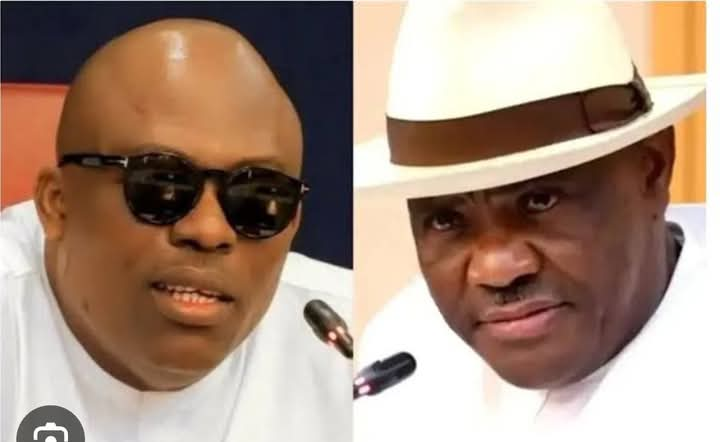


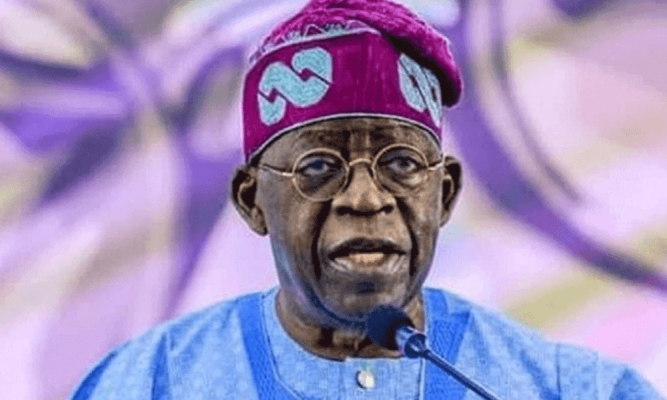

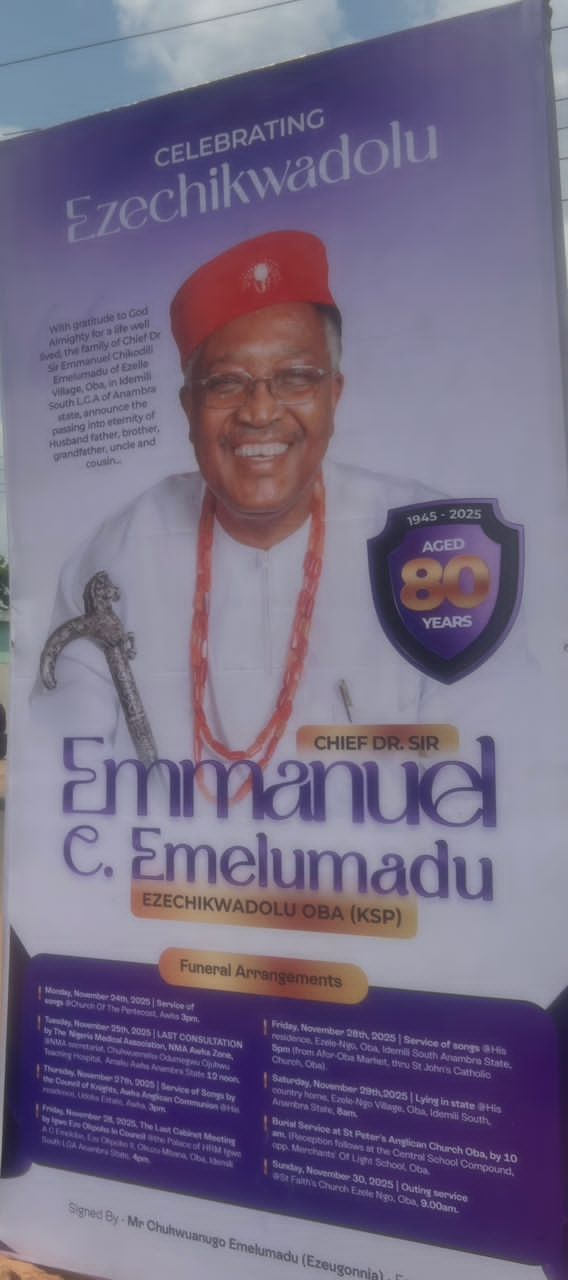






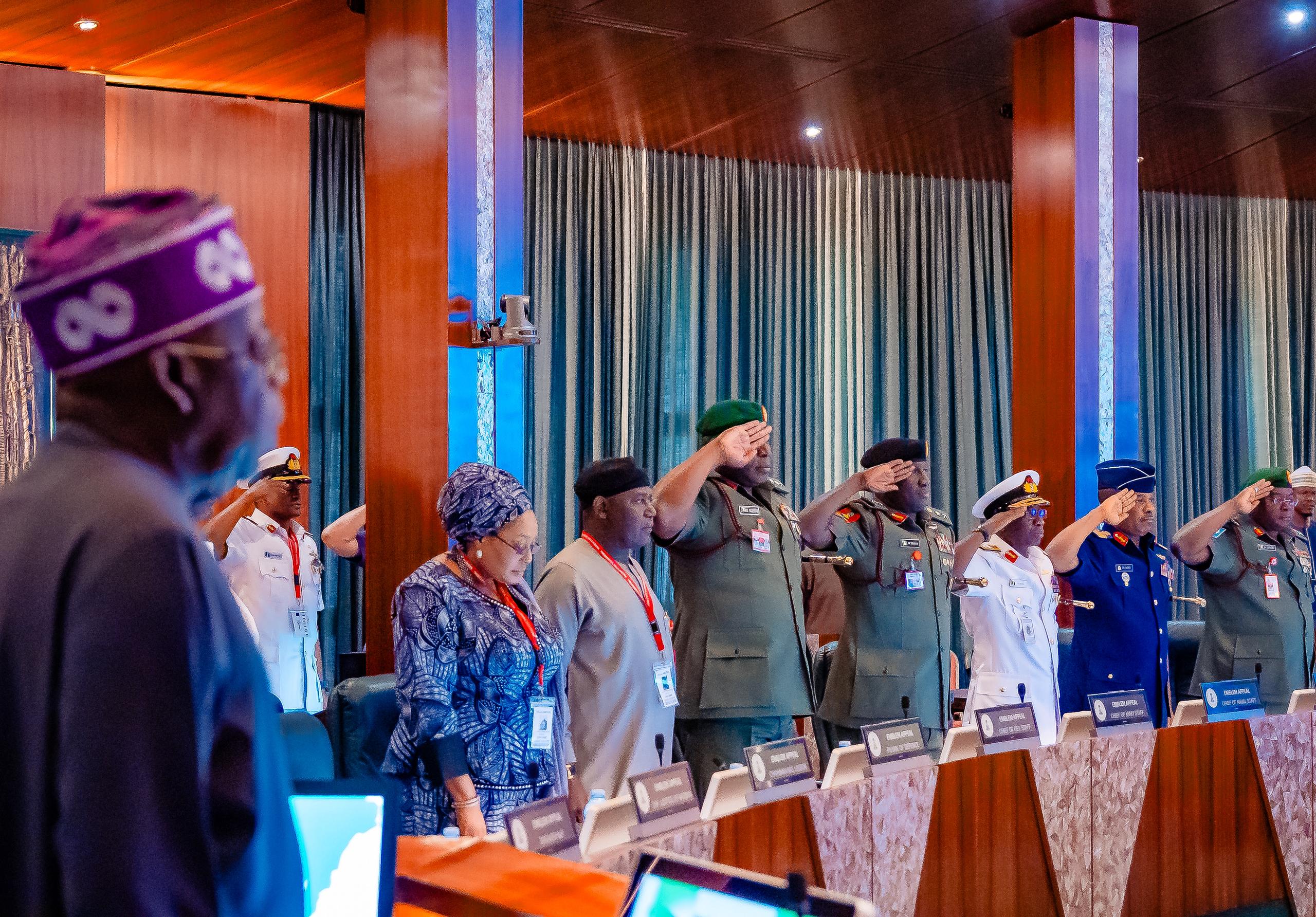
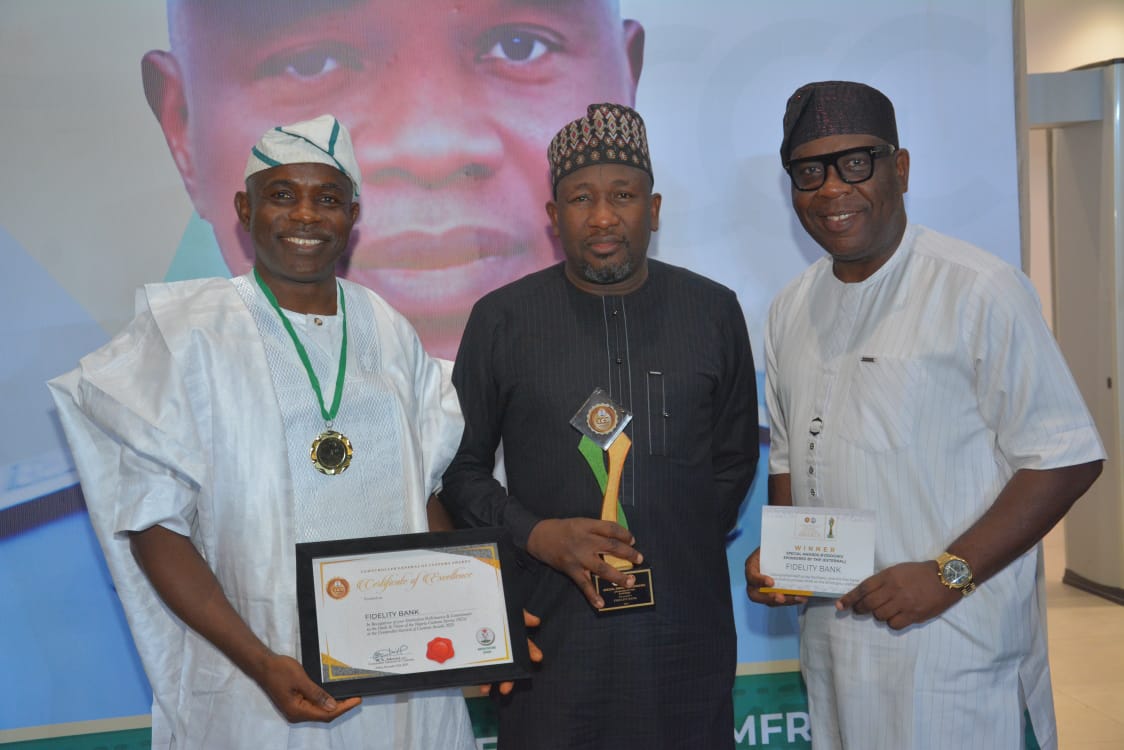
Leave a Reply